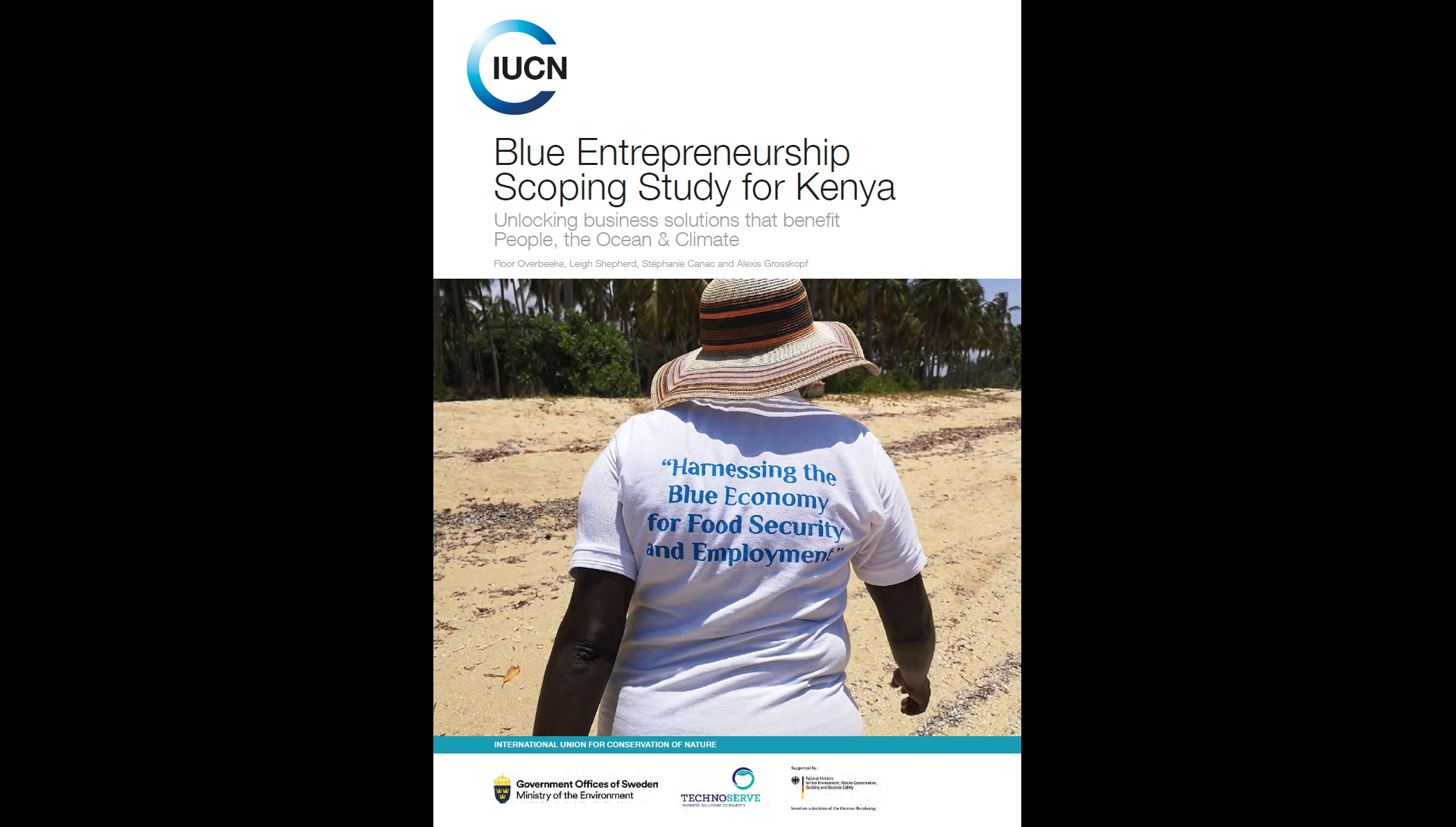Pace High Level Political Forum Side Event: Renewable Energy as the Economic Driver of Sustainable Development
On 18 July forty participants in the High Level Political Forum on Sustainable Development attended presentations on how renewable energy systems provide cost-effective and readily available electricity as an essential basis for accomplishing the UN Sustainable Development Goals.
More than 170 States have established renewable energy targets, and 150 are revising their national legislation and administrative systems to further innovative investment and installation of renewable technologies for generating electricity. Globally, this use of renewables is expanding rapidly, now accounting for one out of five energy units delivered to consumers.
The event “Renewable Energy as the Economic Driver of Sustainable Development” was hosted by the Permanent Missions of Germany, Sri Lanka and the United Arab Emirates to the UN; the International Renewable Energy Agency (IRENA); and the International Council of Environmental Law (ICEL). It was moderated by Minoru Takada, Team Leader (Sustainable Development) UN Department of Economic and Social Affairs, and covered the great importance of renewable energy to economic progress, but also the challenges to fulfillment of its enormous potential. He posed questions to the panelists, categorizing the issues by their costs, benefits, and investment considerations.
A panel of distinguished renewable energy experts assessed new policy and legal systems needed to finance and rapidly deploy renewable energy systems. Six specialists presented a broad spectrum of perspectives: from renewable energy pioneer Germany; to global leader China; to developing countries Sri Lanka and Pakistan; to international educators, assisters and promoters, IRENA and the UAE; to the legal expertise of the Pace University Center for Energy and Climate Change, and ICEL, as follows:
- H.E. Gamini Jayawickrama Perera, Minister of Sustainable Development and Wildlife of Sri Lanka, made the lead presentation, emphasizing the importance of renewable energy to economic development in his country, which has enacted a goal of achieving 100% of its electricity from renewable energy by 2030.
- Dale McQueen, Senior Advisor, Development & Humanitarian Affairs, UAE Permanent Mission to the United Nations
- Professor Mingde Cao, China University of Political Science and Law, Beijing, China
- Prof. Shakeel Hussain Kazmi, New York University Abu Dhabi
- Reinhard Krapp, Minister, Head of Economic Department, Permanent Mission of Germany
- Year Ortiz de Urbina, Senior Liaison Officer, IRENA
- Prof. Richard Ottinger, Dean Emeritus, Pace University Elizabeth Haub School of Law’s Energy and Climate Center, and a Member of the International Council of Environmental Law, emphasizing the legal requisites for successful renewable energy initiatives as represented in his comprehensive 2016 UNEP Guide For Energy Efficiency and Renewable Energy Laws, available at the UNEP site.
In summary, the experts presented the following positive observations on the economic advantages of renewable energy for sustainable development:
- Prices are generally lower today than for any other energy medium including natural gas, despite annual trillion dollar plus global fossil fuel subsidies and omission of externality costs;
- More permanent jobs are created than for all other energy media together, including for women;
- Broader and more equitable access to energy is provided; and
- Investment opportunities are enormous, and achievable with necessary education.
The panel concluded that renewable energy is vital not only to alleviate pollution that is taking the lives of millions of people in the major cities of the world, and to mitigate climate change threats to the future of civilization, but also to achieve the Sustainable Development Goals, particularly as enunciated in SDG #7, which recognizes access to clean and affordable energy as essential to economic growth, mobilizing employment especially for women, mobilizing private sector investment, reducing energy costs, and for poverty alleviation.
Problems to be overcome were recognized as insufficient funds to assist developing countries cover the upfront costs of renewable energy. There is a widespread need for education of relevant officials, of financial institutions, and of the general public. Legal incentives for the transition to renewable energy were needed for overcoming obstruction by fossil fuel interests and “business as usual” resistance from existing electric utilities. Resistance is evident in pending petitions to the World Trade Organization seeking to end subsidies for renewable energy while not eliminating subsidies for fossil fuels.
For further information, please address the Climate and Energy Center of the Elizabeth Haub School of Law at Pace University, attention Prof. Richard L. Ottinger (rottinger@law.pace.edu).







